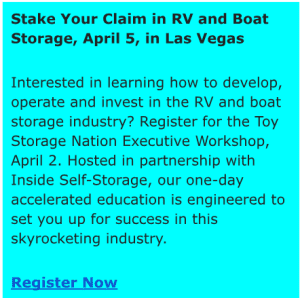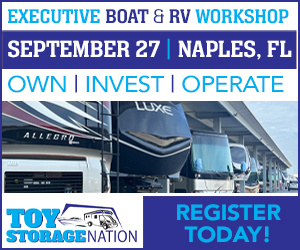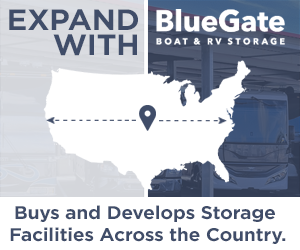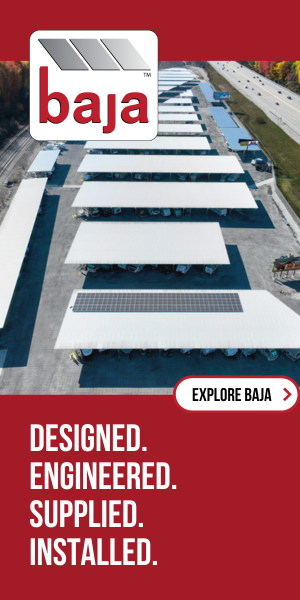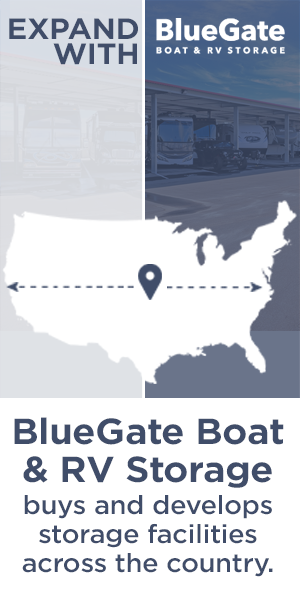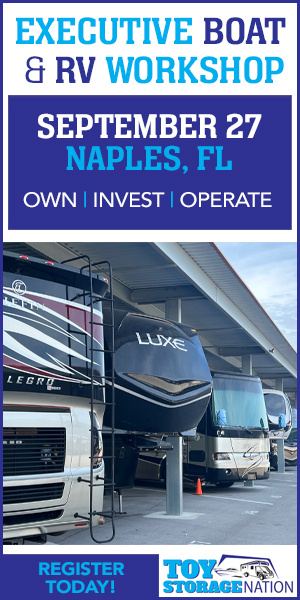By the National Marine Manufacturers Association
NMMA reports new powerboat retail sales were down 1% to 3% in 2023, approximately to 258,000 units. For the 2024 calendar year, recreational boating is poised to see new unit sales on par with 2023 levels as the industry continues to navigate interest rates, as well as ongoing shifts in consumer confidence. Looking ahead, manufacturers are focused on continuing to deliver innovative new products and will showcase emerging technologies at dozens of winter boat shows across the country, ranging from hydrogen-fueled marine engines to boats powered fully by sustainable marine fuels.
While most categories of new powerboats saw estimated unit declines in 2023, anywhere from 5-25%, the personal watercraft segment saw a significant increase, and is projected to be up between 20-25% as final 2023 sales data are calculated. Personal watercraft, which are small craft for one to three people, and often a gateway to boating given their entry-level pricing and ease of use, are expected to make up approximately 85,000-90,000 of the 258,000 estimated new units sold at retail in 2023.
“With jumps in interest rates and inflation in 2023, we saw more boating consumers being price sensitive and deciding to wait things out before buying their next boat and in the meantime, picking up a personal watercraft to enrich their time spent on the water,” said Frank Hugelmeyer, NMMA president. “The nearly 1 million people who purchased a boat for the first time during the height of the pandemic continued to spend record time on the water in 2023, helping drive an economic impact of $230 billion. As we enter 2024, we expect Americans’ desire to be near water to continue as more people seek ways to prioritize health and wellness and enhance their quality of life, which has the industry focused on continued innovation and ensuring greater access to our public waters.”
Recreational boating remains a significant driver to the U.S. economy due to the estimated 85 million Americans who go boating each year, bringing their friends and family and spending on everything from food and marine accessories to marinas, storage, and insurance. It drives an economic impact of $230 billion, up 36% from 2018, while supporting 36,000 U.S. businesses and 812,000 American jobs, according to NMMA’s 2023 Economic Impact Study on Recreational Boating.
Winter is a traditionally strong selling season for the recreational boating industry with dozens of boat shows taking place around the country in January and February in major markets like New York, Miami and Chicago. Unlike auto shows, boat shows are not only a marketing venue but a major driver of retail sales for the year ahead with manufacturers and dealers debuting new product innovations and technologies.
The recreational boating industry has a long track record of new product innovation and self-regulation to support its boating consumers who spend their leisure time on our nation’s waterways. Within the U.S. transportation sector, recreational boats represent 0.7% of greenhouse gas (GHG) emissions, and the industry’s commitment to continue to reduce this impact can be found in the new products and technologies being released at winter boat shows—products that differ greatly from the technologies seen at auto shows. Recent global research found that due to the unique on-water environment for recreational boating, and the varied interests of boaters and the experiences they seek, there is no “one-size-fits all” approach. Instead, a variety of technological solutions must be considered to continue decarbonizing recreational boating. This is specifically driving propulsion technology innovation with boats running on sustainable marine fuels, hydrogen, electric and hybrid propulsion systems.
“Boating provides transformational experiences that offer relaxation, fun and freedom in our busy lives, which is why we’re committed to innovating and enhancing the boating experience for the generations to come,” said Hugelmeyer. “Supporting new innovations in a marine environment means adopting a technology neutral decarbonization approach, as well as accelerating the distribution of sustainable marine fuels, establishing marine electric technology standards, and expanding R&D investments in electric battery density and hydrogen propulsion systems.”










